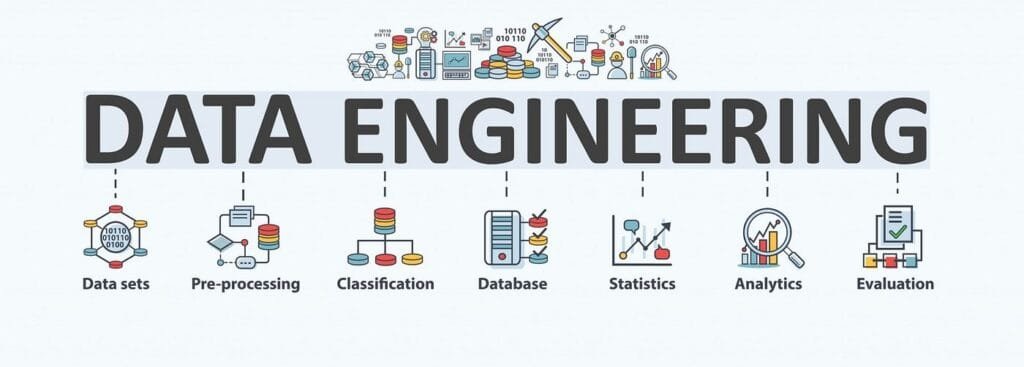A Complete Overview and Career Path for Cyber Security Consultants

If there is one thing about the cybersecurity sector that we can all agree on, it is that there are a plethora of jobs available in the field. In the field of cybersecurity, there are Chief Information Security Officers as well as cybersecurity architects, administrators, analysts, and engineers.
Then again, what about cybersecurity experts? A consultant’s work is generally understood by everyone. They are the professionals who work independently of any one organisation, contracting their skills to various clients before moving on to the next one.
Naturally, consultants are also employed in the cybersecurity industry. The job description for a cybersecurity consultant is summarised in this article, along with information on how to pursue a career in this field and its advantages.
What Does a Cybersecurity Consultant Do and What Is Their Job Description?
In order to handle risks to a company’s computer networks and computer systems, a cybersecurity consultant is responsible for discovering issues, analysing security concerns, determining risk, and putting solutions into action. In a technological environment that is continually evolving, they assess security systems and develop layers of defence.
Instead of working exclusively for one company, a cybersecurity consultant is engaged by a client to test the organization’s cybersecurity defences before designing and implementing a better one.
Regardless of the position they hold, they use their extensive knowledge and years of experience to counsel, lead, teach, and assist in putting better security measures in place for their clients.
The Functions and Responsibilities of the Cybersecurity Consultant
The aforementioned definition provides some more insight into the profession, but we still need to go into the details. What does a consultant in cybersecurity do? The duties they perform are listed below, but keep in mind that not every client may want or need them all.
- Determine the most effective defences against potential intrusions and cyberattacks for devices, networks, software, data, and entire information systems.
- Inquire with employees and department bosses about specific security challenges and problems.
- Perform vulnerability testing, including risk analysis and security assessments, much like a white hat hacker would.
- Research the most recent authentication procedures, security standards, and systems.
- Prepare cost estimates for any military improvements that are required and alert IT project managers to any potential integration problems.
- Plan, investigate, and create a comprehensive, strong security architecture for any IT project.
- Deliver technical reports and white papers with all test results.
- Provide the internal security staff with expert oversight and direction.
- Create, put into effect, and uphold a suitable corporate security policy for the client’s company.
The Advantages of Certified Cybersecurity Consultants
We discussed certification as a prerequisite earlier. Let’s examine it more closely. A professional becomes certified by enrolling in classes on a certain subject, finishing all homework assignments, and passing the certification exam.
In addition to imparting knowledge that is pertinent to your career path, certification demonstrates to a potential employer or client that you have a strong understanding of the corresponding subject. It gives everyone confidence that you can perform the tasks for which you were initially hired.
How Much Does a Cybersecurity Consultant Make?
A cyber-security consultant in India may make an average of $736,257 per year, according to Glassdoor. The average salary for consultants in the United States is $85,427, while that in the United Kingdom is £43,354.





